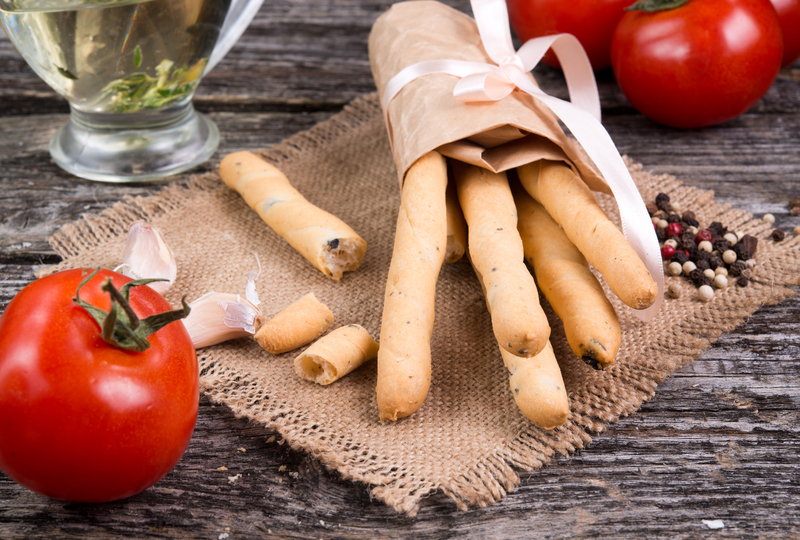Mindful Habits to Help You Tackle Green Waste
In today's world, where sustainability is increasingly becoming a priority, managing green waste effectively is a crucial step towards achieving a more eco-friendly lifestyle. It not only helps in reducing the environmental impact but also promotes a healthier ecosystem. This article explores mindful habits that can assist you in handling green waste, also known as organic waste, in a way that benefits both you and our planet.

What is Green Waste?
Green waste includes biodegradable garden and household waste. It encompasses a variety of organic materials such as grass clippings, leaves, branches, and food scraps. Managing these materials is essential, as improper disposal can lead to increased landfill waste and greenhouse gas emissions.

The Importance of Managing Green Waste
Managing green waste effectively is important for several reasons:
- Reduces landfill waste: Organic waste in landfills decomposes anaerobically, producing methane, a potent greenhouse gas.
- Promotes recycling: Proper disposal and recycling of green waste transform it into valuable resources like compost and mulch.
- Enhances soil health: Compost adds vital nutrients to your garden, promoting healthier plant growth.
- Supports biodiversity: Using sustainable practices in handling green waste encourages more biodiversity-friendly ecosystems.
Mindful Habits for Reducing Green Waste
1. Composting at Home
Composting is one of the most effective methods to convert your green waste into a beneficial resource. By composting, you can turn your organic waste into a rich soil conditioner that provides numerous gardening benefits.
How to Start Composting:
- Choose a suitable compost bin: Select a bin size that fits your space and needs.
- Collect organic materials: Regularly add kitchen scraps, leaves, and lawn clippings to your compost pile.
- Maintain balance: Ensure a proper balance of greens (nitrogen-rich materials) and browns (carbon-rich materials) for effective decomposition.
- Aerate your compost: Turn the pile periodically for oxygen availability and faster breakdown.
2. Grasscycling
Grasscycling involves leaving grass clippings on the lawn after mowing. The clippings serve as a natural fertilizer, returning nutrients back to the soil and reducing the need for chemical fertilizers.
Benefits of Grasscycling:
- Reduces green waste: Less organic waste is produced since clippings are left on the lawn.
- Saves time: No need to collect and bag clippings, reducing lawn care time.
- Improves lawn health: Retains moisture in the soil and enriches it with nitrogen.
3. Meal Planning and Smart Shopping
Being mindful of the food you purchase and consume can greatly impact the volume of green waste your household generates.
Strategies for Reducing Food Waste:
- Plan meals: Create a weekly meal plan to prevent overbuying and ensure you use up what you purchase.
- Make a shopping list: Shop with a list to avoid impulse buying and reduce food spoilage.
- Understand food labels: Know the difference between "best before" and "use by" dates to minimize unnecessary disposal.
4. Responsible Gardening Practices
Practicing responsible gardening is another effective way to minimize green waste. This includes effective landscaping and maintaining healthy plants.
Tips for Sustainable Gardening:
- Use mulch: Apply mulch around plants to reduce plant waste and conserve water.
- Plant native species: Native plants adapt better to local soil and climate, requiring less maintenance and reducing waste.
- Prune regularly: Regular trimming helps manage plant growth and minimizes waste.
The Role of Community Programs in Managing Green Waste
Communities can play a vital role in managing green waste effectively. Many municipalities have started initiatives like green waste collection programs and community composting sites.
Benefits of Community Involvement:
- Access to resources: Programs often provide tools and resources for better waste management.
- Encourages participation: Community effort fosters collective responsibility towards waste reduction.
- Educational opportunities: Workshops and seminars on composting and waste management are often available.
Conclusion
By adopting these mindful habits, each of us can contribute positively to managing green waste more effectively. Small changes in our daily routines, like composting, meal planning, and practicing responsible gardening, can significantly reduce the amount of organic waste we generate. Not only do these habits help decrease our carbon footprint, but they also enrich our lives by cultivating a deeper connection with our environment. Let's take action today for a healthier tomorrow, ensuring our planet thrives for generations to come.
In embracing sustainability, remember that every action counts. Whether it's a commitment to compost your food scraps or a decision to support local community green waste initiatives, your efforts are a step towards a more sustainable future. Let's be mindful and take responsibility for our green waste - together, we can make a difference.